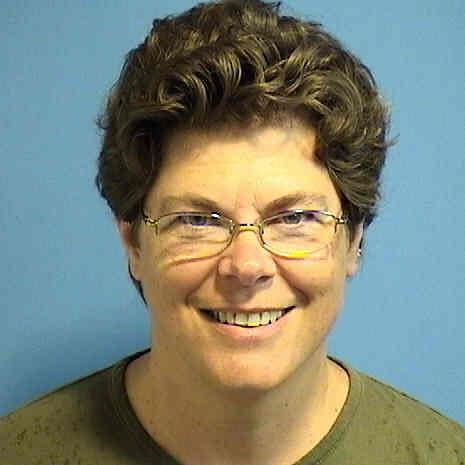Curriculum Corner: Structure of degree

January 24, 2011
A few years ago the faculty voted to change the structure of the degree. Like many schools, our courses will be worth four credits each, and students will take about 34 courses to graduate. The change will allow students to focus more on each course and spend more time working directly with faculty.
These changes, plus the addition of capstone experiences in the majors, will allow for deep learning in the major fields to better prepare our graduates for what comes after Simpson.
The change in course structure also means a change in majors. At similar Bachelor of Arts colleges, the curriculum has three parts of equal size: general education, the major and electives. So, for our majors to be one-third of the degree, they need to require about 11 courses.
The departments have been reviewing the major programs over the past few years, making changes so that most majors will require 11 courses. The final changes to the majors were approved at the December faculty meeting, and the new majors will be in the 2011-2012 catalog.
The structure of the majors is a little different, too.
Over time, many departments developed capstones in the majors, which are powerful experiences for our students. Now all majors will have a capstone, which might be an internship, a performance, a research project or a culminating course in the discipline. The capstone is an opportunity for students to strengthen their knowledge of the discipline as beginning practitioners in the field.
What will students do with the other one-third of the degree?
There are no longer any limits on the number of courses taken in a department, so some students will take courses beyond the minimal requirements of the major to help them prepare them for specific careers or for graduate or professional school. Some students will fill that last third with a second major, or maybe two minors.
At schools with similar programs, students can earn multiple majors and minors, so there is still room in the degree for students to customize their educational experience.
Check out next week’s Simpsonian for Curriculum Corner with Steve Griffith, vice president and dean of academic affairs. Griffith will be discussing May term in the new Engaged Citizenship Curriculum.











